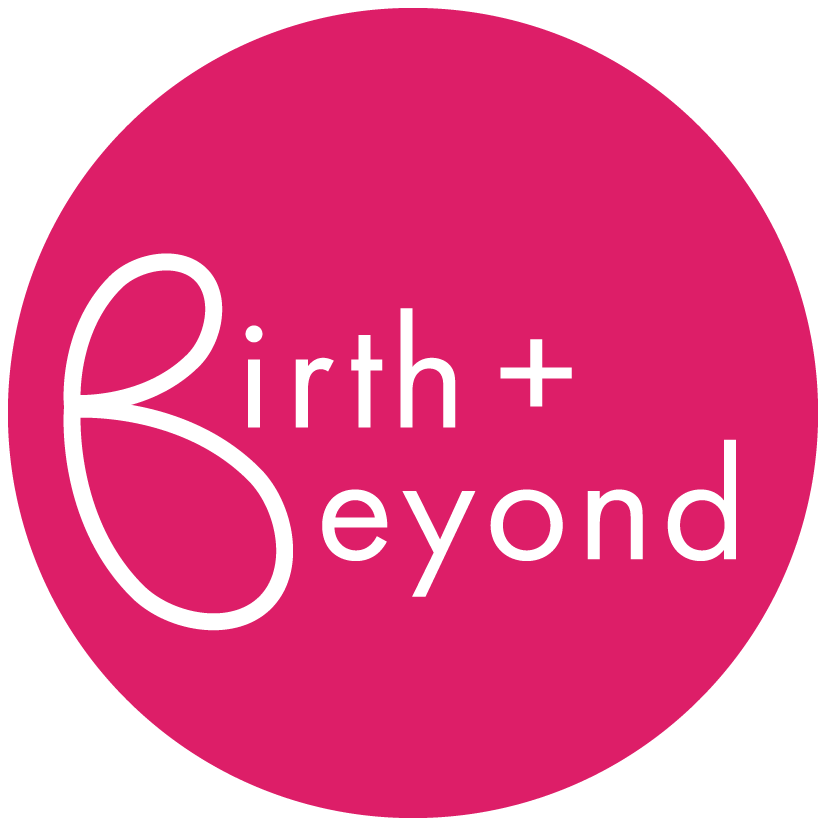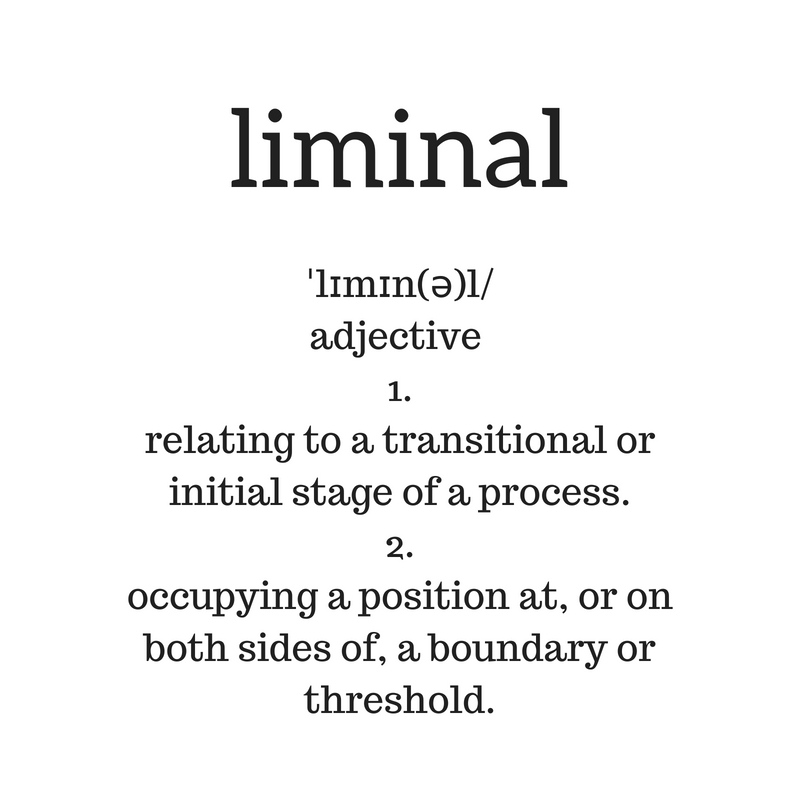New mothers are some of the most liminal of beings.
I use the word liminal in that way deliberately, because I believe that being a mother is a process, not a product. And the early days can have an incredible quality that sets them apart from other times in that process.
One of the things I have noticed about new mothers is that they can be an incredibly fertile place for things to grow. It’s as if they take what is offered to them as seeds, that they nurture inside them, growing in the warm darkness. Which is great if those seeds grow plants that eventually sustain and bring joy, but also means that they might receive seeds that grow into toxic or rampant plants. Many new mothers tell me about the words or ideas that have got ‘lodged’ in them somehow during pregnancy, birth or in those early weeks – some which have provided support and some which have caused anxiety. It makes me wonder about the seeds we might be unknowingly sowing in the pregnant women and new mothers we meet.
I love the word liminal because for me it captures some of the slightly mysterious and unknown qualities of early motherhood. A time that resists easy definitions and descriptions. A time when women can often be in touch with themselves in a really different way, possibly partly as a result from the primal experience and depletion of labour and birth, and as a result of sleep deprivation. There are other reasons too, for sure, and the point I’m trying to make is that there is something about being deprived of our normal cognitive faculties that can lead new mothers to make new discoveries about themselves: their internal landscape can be more available to them than normal. Or it can look like a very different place to the one they normally recognise.
Whilst this can be intensely disruptive and uncomfortable, it can provide opportunities to explore themselves in a different way. To reconsider who they are and how they are. To learn more about their capacities not just as a parent but as a person.
And it feels an incredible privilege and responsibility to work with women at this time. What seeds am I planting? What will be taken from our sessions? Does this person have enough awareness of her own strengths (both internal and external) to be able to do this work? Can we create the right kind of space to meet her needs, and if so, what might that look like?
I don’t have answers (as one of my colleagues said to me: ‘I don’t ‘do’ solutions.”) but I do have a belief that, given the right support, mothers have what they need within them to adjust to this new stage, whether or not they are aware of it yet.

